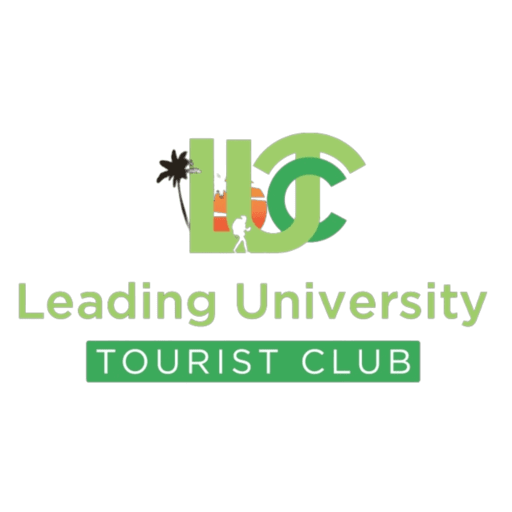In an increasingly interconnected world, economic development and tourism have become vital drivers of growth for nations, regions, and local communities. Both sectors rely on each other, forming a symbiotic relationship that fuels prosperity, creates jobs, and enhances the overall quality of life. As economies strive to diversify and attract investments, tourism emerges as a powerful tool to unlock their potential and stimulate sustainable development.
Tourism has evolved beyond being a leisure activity; it is now recognized as a powerful economic force. It encompasses various forms such as cultural tourism, adventure tourism, medical tourism, and ecotourism, offering diverse experiences to visitors. Destinations worldwide have realized the immense value that tourism brings in terms of revenue generation, job creation, and infrastructure development.
One of the key advantages of tourism lies in its ability to stimulate economic growth by generating foreign exchange earnings. International tourists bring in valuable currency to a destination, which can be used to strengthen a country’s balance of payments, stabilize exchange rates, and fund vital imports. In many developing nations, tourism has become a leading export sector, surpassing traditional industries such as agriculture and manufacturing. For example, countries like Thailand, Mexico, and Greece heavily rely on tourism as a significant source of foreign exchange earnings.
The economic impact of tourism extends far beyond the direct revenue generated from tourist spending. It has a multiplier effect, leading to the creation of jobs and the development of various supporting industries. Hotels, restaurants, transportation services, tour operators, souvenir shops, and many other businesses directly benefit from the influx of tourists. These businesses, in turn, stimulate local economies by procuring goods and services from local suppliers, thereby creating additional employment opportunities.
Furthermore, tourism development often acts as a catalyst for infrastructure improvement. To accommodate increasing tourist arrivals, destinations need to invest in transportation networks, airports, roads, and public amenities. These infrastructure investments not only enhance the visitor experience but also contribute to the overall development of the region. Improved infrastructure attracts other industries, facilitates trade, and boosts the overall competitiveness of the destination, thus benefiting the local population beyond the tourism sector.
Tourism also plays a significant role in promoting cultural exchange and preserving heritage. Many tourists seek authentic experiences, immersing themselves in local customs, traditions, and historical sites. This demand for cultural immersion fosters the preservation and revitalization of cultural assets, encouraging communities to value their heritage and invest in its protection. As a result, cultural tourism can provide economic incentives for the conservation and restoration of historical landmarks, museums, and indigenous crafts, ensuring their longevity for future generations.
However, the relationship between economic development and tourism is not without challenges. It is crucial to strike a balance between tourism growth and sustainability. Over-tourism can lead to negative consequences such as overcrowding, environmental degradation, and the erosion of local culture.
Therefore, effective destination management strategies and sustainable tourism practices are essential to ensure long-term benefits while minimizing the potential drawbacks.
In conclusion, economic development and tourism share a mutually beneficial relationship, fostering growth and prosperity in countless destinations worldwide. The economic benefits generated by tourism, such as foreign exchange earnings, job creation, and infrastructure development, provide a solid foundation for overall economic development. At the same time, tourism promotes cultural exchange, heritage preservation, and environmental awareness. By recognizing the potential of tourism and implementing sustainable practices, nations and communities can unlock the full potential of their natural and cultural resources, creating a better future for all.










